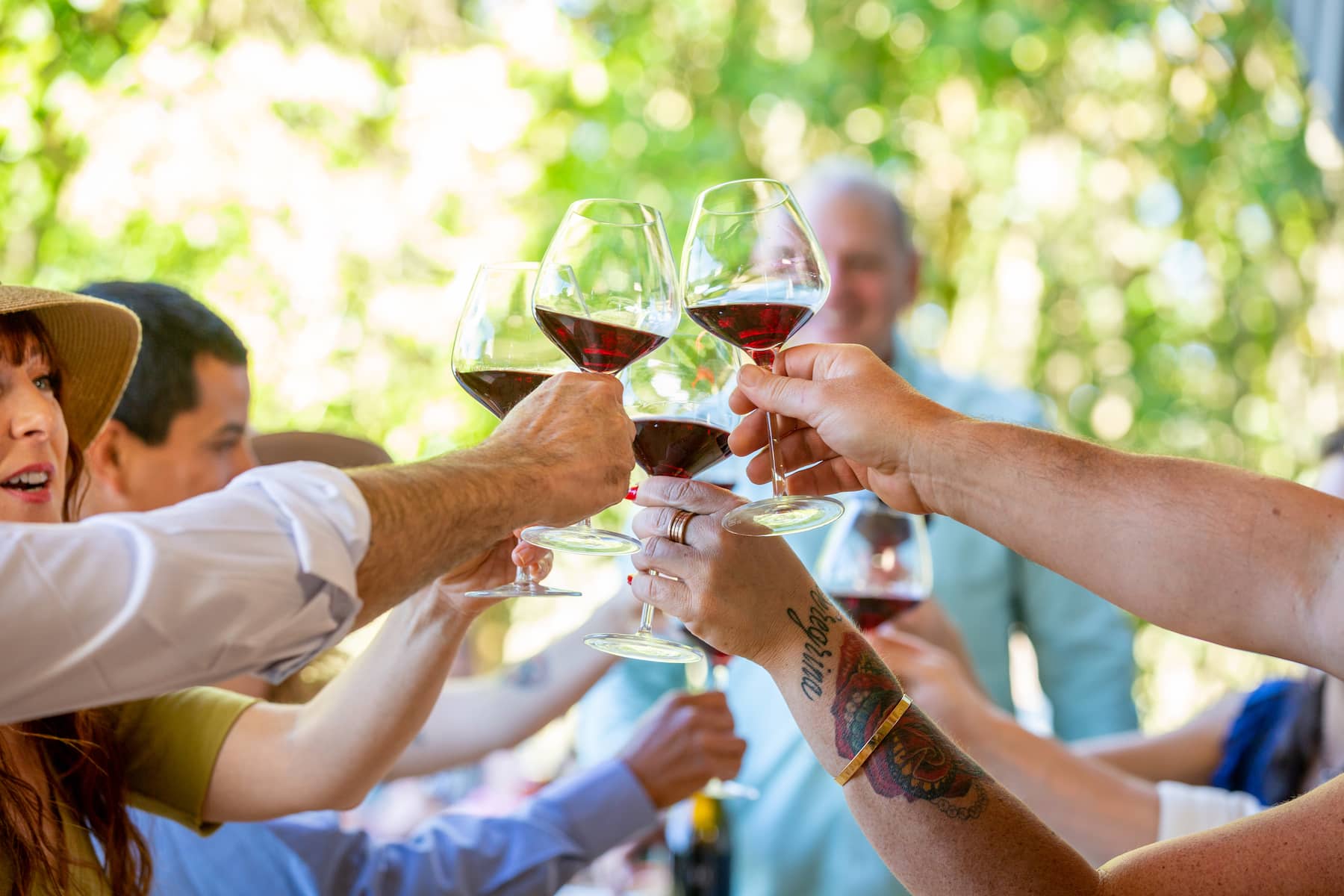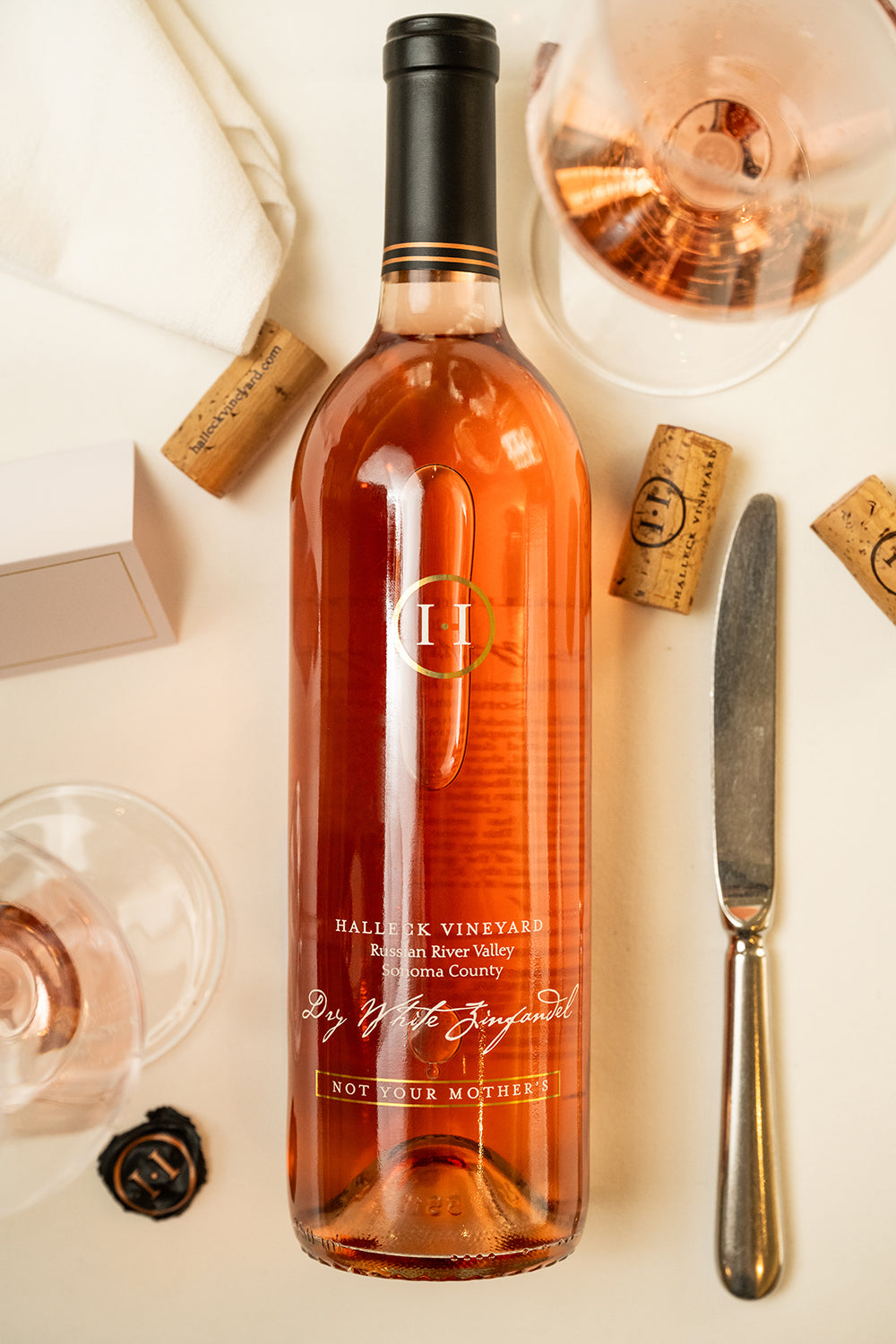Wineries Known For Handcrafted Wines - Sebastopol's Best Wine Trails
Wineries Known For Handcrafted Wines - Sebastopol's Best Wine Trails
Blog Article
Wine Tasting Experiences With Local Cheese - Exploring The Vineyards Of Sonoma
Wine tasting is usually considered an art form, one which goes beyond merely having fun with a beverage. It embraces a complex interaction of flavors, aromas, and textures that requires dedicated practice to actually master. Many who enterprise into the world of wine tasting shortly notice that it includes rather more than just sipping wine. Bettering sensory skills by way of dedicated winery wine tasting can elevate the experience, remodeling a casual ingesting occasion into a sophisticated exploration of the senses.
At a fundamental level, wine tasting engages the senses of sight, odor, style, touch, and even sound. Every component plays a vital role in appreciating the nuances of a wine. When one first pours a glass of wine, the wealthy hues can provide initial insights into its age and varietal. Observing the colour and readability helps kind expectations about the wine's flavor profile. Many don’t absolutely recognize how this visual evaluation can set the stage for what's to follow.
The subsequent step is to engage the sense of smell. Swirling the glass aerates the wine, permitting its unstable compounds to flee and fill the air with its bouquet. The nostril entails some fascinating layers—different aromas can signal various elements of the winemaking course of, together with the type of grapes used, fermentation methods, and growing older situations. Growing a eager sense of smell can be a game-changer in wine tasting.
Wineries With Educational Tours In Sonoma - Top Wineries To Visit In Sebastopol
To enhance this sensory skill, wine enthusiasts are often inspired to take part in dedicated tastings at wineries. These tastings allow people to focus solely on the sensory experience (Wineries That Welcome Walk Ins). Tasting periods led by knowledgeable sommeliers or winemakers can provide insights into figuring out distinct aromas. Studying to distinguish between floral, fruity, earthy, and spicy notes can empower a taster to articulate their experience with greater precision.
As one practices their sensory abilities, they may uncover that their style preferences evolve. This transformation usually occurs after a quantity of tastings. A wine that originally appeared overwhelming might reveal hidden layers of complexity with a bit of experience. Understanding tips on how to isolate individual flavors such as acidity, sweetness, bitterness, and umami contributes substantially to the general wine experience.
One Other essential element in improving sensory skills is the context in which wine is tasted. Environmental factors like temperature, lighting, and even the corporate current can affect perceptions. At a winery, an optimal setting can scale back distractions and allow a more profound exploration of the wine (Wineries With Scenic Views). Training mindful tasting techniques encourages a more immersive experience, allowing tasters to hone in on their senses.
It is not solely about particular person notion, though. Participating with others during a tasting can also improve sensory skills. Sharing notes and discussing impressions fosters a deeper understanding of the wine. This collaborative approach encourages individuals to articulate their sensory experiences, thereby broadening their linguistic repertoire related to wine tasting.
Wineries Near Santa Rosa - Winery In The Sonoma Wine Region
Moreover, pairing wine with food can significantly improve the tasting experience. Completely Different combos can convey out unique flavors in both the wine and the dish. As one tastes a wine alongside specific foods, they'll begin to recognize how certain components within the wine complement or contrast with what they are eating. This skill of pairing is one other layer that enriches sensory improvement.
Training one’s palate can involve a wide range of exercises. Some enthusiasts interact in systematic tasting experiences, sampling a variety of wines that showcase totally different varietals, areas, or vintages. Exploring this diversity can sharpen the power to discern nuances across different wine profiles. Over time, this practice builds a mental library of flavors that can be accessed during future tastings.
Notably, written notes serve a twin objective: organizing one’s ideas and reinforcing reminiscence. By writing down observations about each wine, tasters can observe their progress over time. Detailing the characteristics of wines assists in solidifying data, ultimately deepening one’s appreciation of what they devour.
Furthermore, attending workshops or classes centered on sensory analysis can additionally be helpful. Many wineries offer these academic programs to help people refine their skills. Often, educated instructors guide participants via structured tastings, specializing in specific components of the wine. This level of schooling reinforces the sensory skills asynchronously and challenges tasters to contemplate their experiences from totally different angles.
Wine Tasting Trails In Sonoma Valley - Tasting Rooms In Sebastopol

Over time, the commitment to improving sensory skills through dedicated winery wine tasting can yield significant rewards. The enjoyment derived from wine becomes layered and multifaceted. No longer limited to a simple preference Your Domain Name for "red" or "white," tasters begin to understand the tales behind every pour. They domesticate a palette able to navigating the complicated panorama of flavors with confidence.
In conclusion, the journey of enhancing sensory skills via dedicated winery wine tasting is as rewarding as it is enjoyable. It requires focus, commitment, and a willingness to learn, however the outcomes far exceed the preliminary effort. By participating a quantity of senses and taking part in considerate discussions, individuals not only become more proficient at figuring out flavors but in addition develop a deeper appreciation for the craftsmanship behind every bottle. The process transforms wine from a mere beverage into a rich tapestry of sensory exploration that beckons enthusiasts to delve deeper. As skills enhance, so too does the enjoyment, enriching life experiences one sip at a time.
Top Rated Wine Experiences In Sebastopol - Top Wineries To Visit In Sebastopol
- Participating the palate through diverse wine varieties enhances the power to distinguish flavors and aromas, refining general sensory perception.
- Participating in guided tastings promotes focused attention on subtle characteristics of every wine, nurturing important tasting skills.
- Studying to establish particular grape varieties fosters a deeper understanding of terroir, which aids in recognizing regional flavor profiles.
- Incorporating food pairings during tastings can heighten sensory awareness, as different tastes can influence each other and alter perceptions.
- Training the art of swirling and nosing wines allows individuals to connect olfactory cues with taste, enhancing the power to articulate sensory experiences.
- Attending workshops that emphasize blind tastings trains individuals to rely purely on their senses quite than preconceived notions, enhancing objectivity.
- Elevating sensory skills can result in higher wine choice talents, empowering individuals to make informed decisions based mostly on personal preferences.
- Partaking with knowledgeable sommeliers provides insights into wine-making processes, which deepens sensory appreciation and enhances vocabulary for describing wines.
- Regular participation in tastings encourages memory development of flavors and aromas, aiding in the formation of a personalized sensory profile over time.
- Sharing tasting experiences with peers fosters dialogue, selling communal studying that may improve individual sensory skills through collaboration.undefinedWhat is the purpose of improving sensory skills by way of wine tasting?
Bettering sensory skills via wine tasting allows people to enhance their capability to identify and recognize the varied aromas, flavors, and textures of wine. This heightened sensory awareness can result in a deeper understanding of wine and an overall enriched tasting experience.
Charming Wineries With Views In Sonoma Valley - Sebastopol Winery Experience
How can I develop my sensory skills at a winery?
You can develop your sensory skills at a winery by taking part in guided tasting classes that target particular varietals. Interact with educated employees who can provide insights and encourage you to take notes on your impressions, enhancing each your observational and descriptive skills.
What ought to I anticipate during a dedicated wine tasting experience?
Wineries That Offer Dog Friendly Areas - Top Sonoma Wine Tasting Destinations
Throughout a devoted wine tasting experience, count on to pattern a number of wines whereas receiving focused training about each. You May be taught about the winemaking process, tasting techniques, and how to discern different sensory characteristics, all in a relaxed environment.

Is prior data of wine necessary to profit from a sensory skills workshop?
- Wineries With Outdoor Seating
No prior data of wine is necessary; the workshops are designed for all ranges of experience. Novices will find useful data to build from, while seasoned tasters can refine their skills and broaden their palate even further.
How do sensory skills influence my total wine appreciation?
Wineries In Green Valley - Vineyard Tasting Events In Sonoma County
Bettering sensory skills considerably enhances your overall wine appreciation by permitting you to identify subtleties and complexities in wines. This deeper understanding enriches your tasting experience and helps you make informed selections based mostly on personal preferences.
Are there particular techniques I should use whereas tasting wine to improve my sensory skills?
Best Wineries For Wine Tasting In Sonoma - Best Wineries For Wine Tasting Sonoma Area
Yes, employing techniques such because the "SWOT" methodology (Sight, Swirl, Smell, Sip, Savor) can be beneficial. Pay attention to the wine's look, aromatics, and mouthfeel, and take your time with every sip to totally discover the flavors and sensations.
What kind of wines are sometimes included in sensory skills tastings?
Typically, sensory skills tastings embody quite a lot of wines that showcase totally different regions, varietals, and styles. This range helps individuals identify distinct traits and enhances their capability to differentiate between wines.
Can sensory skills workshops be personalized to my tasting interests?
Wine Tasting Trails In Sonoma Valley - Wine Tasting Experiences In Sonoma Valley
Many wineries offer personalized options for sensory skills workshops, permitting you to give consideration to particular forms of wines or themes that curiosity you, similar to organic wines or unique regional offerings. It's best to inquire instantly with the winery for tailor-made experiences.
Is there a method to practice sensory skills after leaving the winery?
Yes, you can practice your sensory skills at home by tasting different wines and keeping a tasting journal. Experimenting with varied food pairings and aromatics can additional enhance your understanding of how click here now flavors interact, reinforcing the skills gained on the winery. Report this page